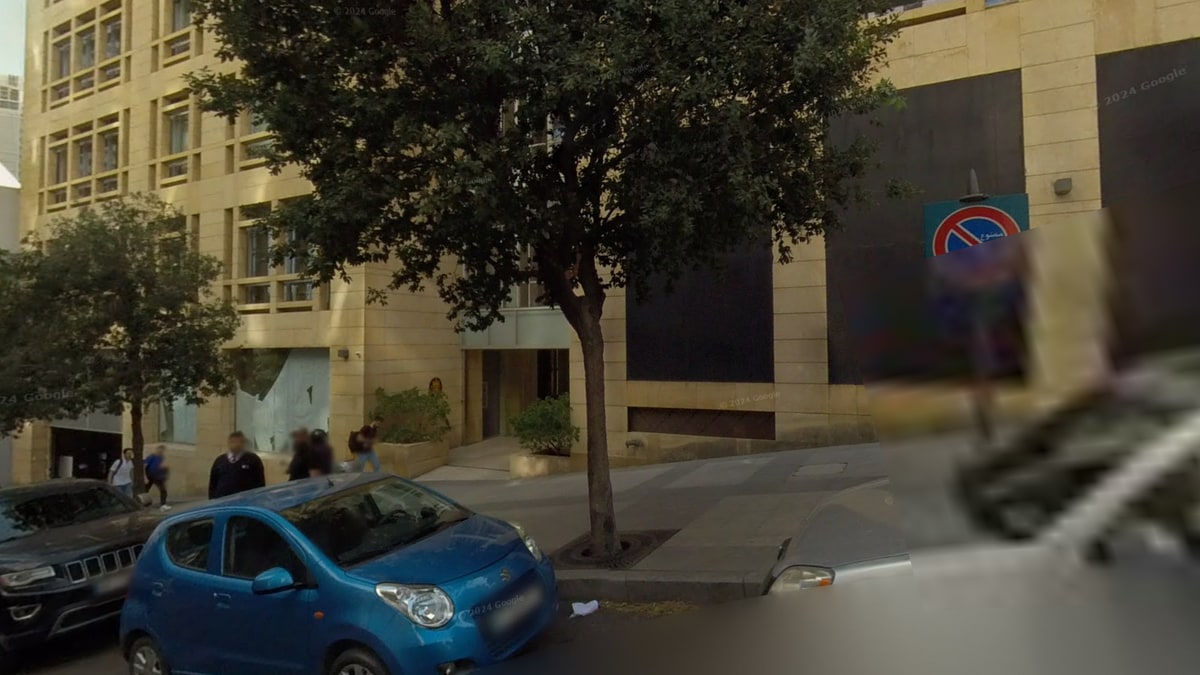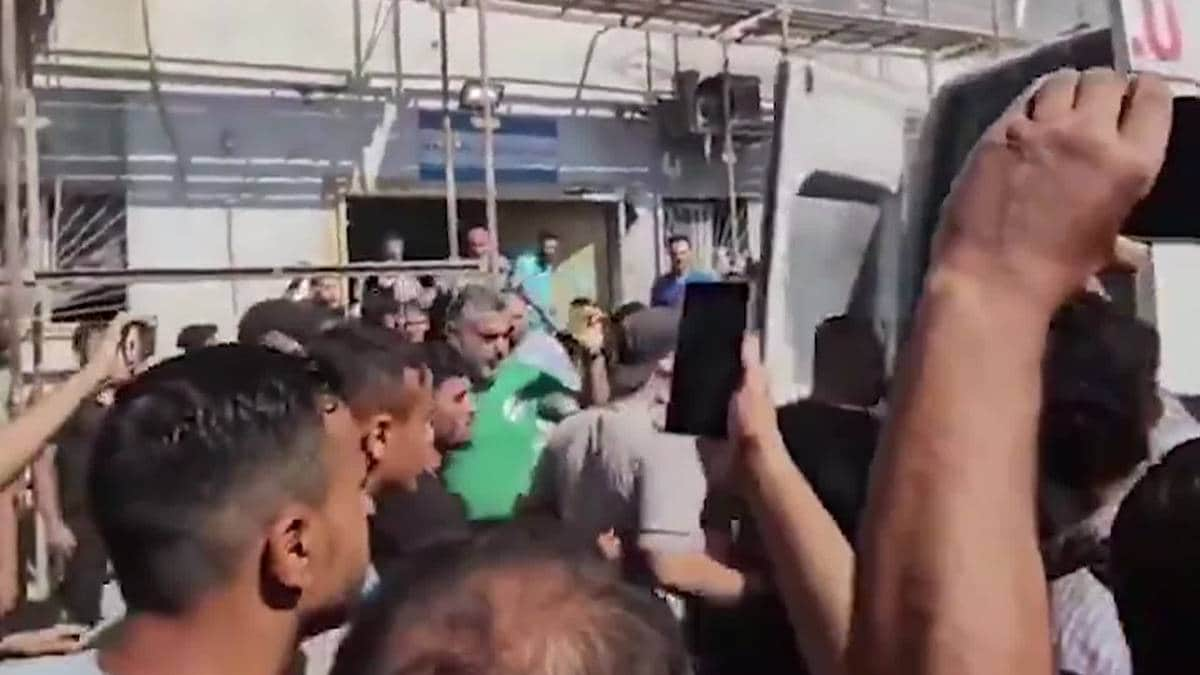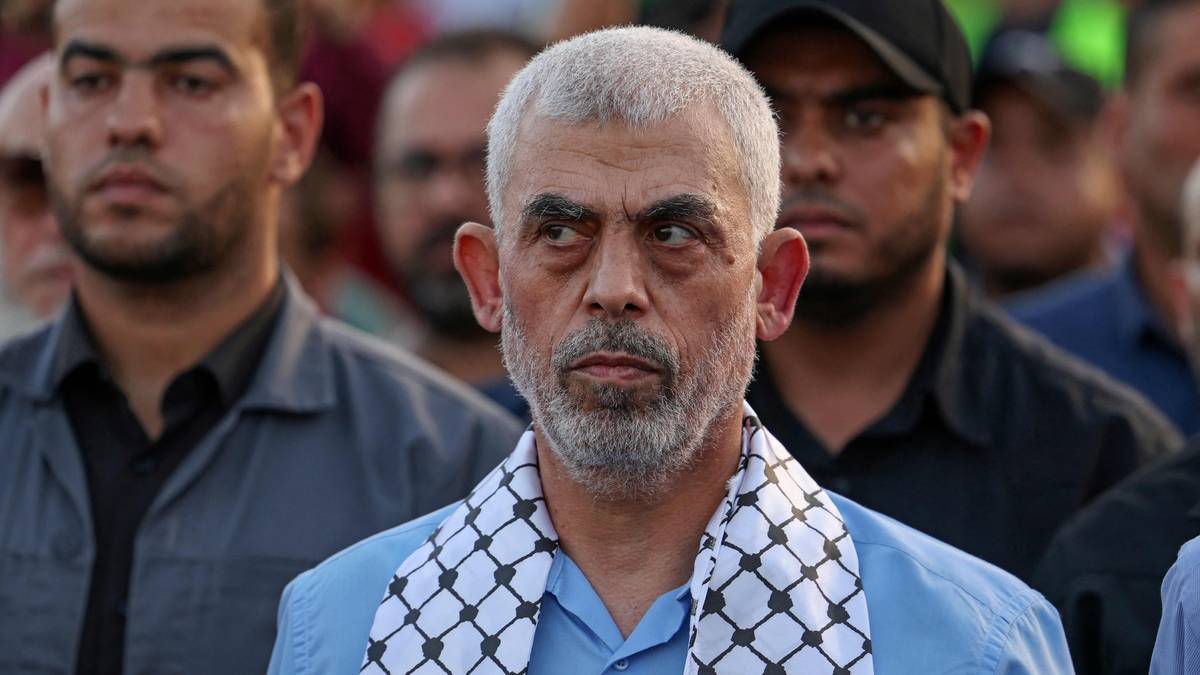
FN-styrker hevder israelsk stridsvogn har angrepet dem
De fredsbevarende styrkene i Libanon (Unifil) hevder at en israelsk stridsvogn nok en gang har angrepet en Unfil-stilling sør i Libanon.
Med Israel for fred.

Dette er neste generasjon Hamas/Hizbollah-krigere.
Ein million barn treng psykososial støtte: – Dette er ikkje normalt
Gazastripa er ein av verdas farlegaste stader for sivile. Helsearbeidarar fortel om sterkt traumatiserte barn.www.nrk.no
Samme håpløse og selvmotsigende argumentasjon som vi finner hos enkelte her, og ellers. Det er jo selvsagt et uhyre komplisert og vanskelig spørsmål, når den ene siden snart har drept 50000, mens den andre siden knapt har drept noen. Når den ene er okkuant, og den andre okkupert. Hvem er terroristen da? Og hvem har rett til selvforsvar?Sitter og ser på en amerikaner (tidligere ambassadør?) på BBC.
Han lirer selvsagt av seg "Israels soleklare rett til å forsvare seg mot et uprovosert terroristangrep".
Langt om lenge kommenterer han Israels strategisk gevinster og ditto tap i denne krigen.
Han konkluderer med at Israel ikke kan vinne noe i denne krigen, og at Israel har gått for langt.
Det som forundrer meg er at konklusjonen fullstendig drukner i "men Hamas", "men Hizbollah", "men rett til selvforsvar" etc etc.
Når man ønsker noe skal stoppe, så kan man ikke både starte og ende med å unnskylde det man ønsker skal avslutte, og på den måten drepe budskapet.




Desverre tror jeg dette er mere normalen enn det unormale.Israelsk logikk og moral i et nøtteskall:

Då går eg ut frå at han har ymta frampå at han var seriøst interessert i å forhandla....
Hamas-leder Yahya Sinwar er drept
Han ble sett på som en av arkitektene bak 7. oktober-angrepet i fjor. Nå er den øverste lederen i Hamas drept, ifølge Israel og USA.www.nrk.no
Betalingsmur...
Og hva har UNIFIL gjort for å stoppe Hizbollahs angrep på Israel og opprettholde Resolusjonen de ble satt til å hevde. …Unifil sier de blir værende i Libanon
FNs fredsbevarende styrker i Libanon (Unifil) blir værende på post til tross for gjentatte målrettede angrep fra israelske styrker de siste dagene. Det sier Unifil-talsperson Andrea Tenet.
– Vi er nødt til å bli, de ba oss om å flytte oss.
– Ødeleggelsen av mange landsbyer langs den blå linjen, og til og med utover den, er sjokkerende, sier Teneti.
Unifil-styrken på over 10.000 mann er utplassert mellom Litani-elva i Libanon, helt nord i FN-området, og den FN-godkjente grensen mellom Libanon og Israel, kjent som den blå linjen.
Så lenge ingen vil gje dei mandat og utstyr til å rævkøyra begge sider skjer det nok lite. Og det veit du.Og hva har UNIFIL gjort for å stoppe Hizbollahs angrep på Israel og opprettholde Resolusjonen de ble satt til å hevde. …

Så dette er UNIFILS feil?Og hva har UNIFIL gjort for å stoppe Hizbollahs angrep på Israel og opprettholde Resolusjonen de ble satt til å hevde. …


